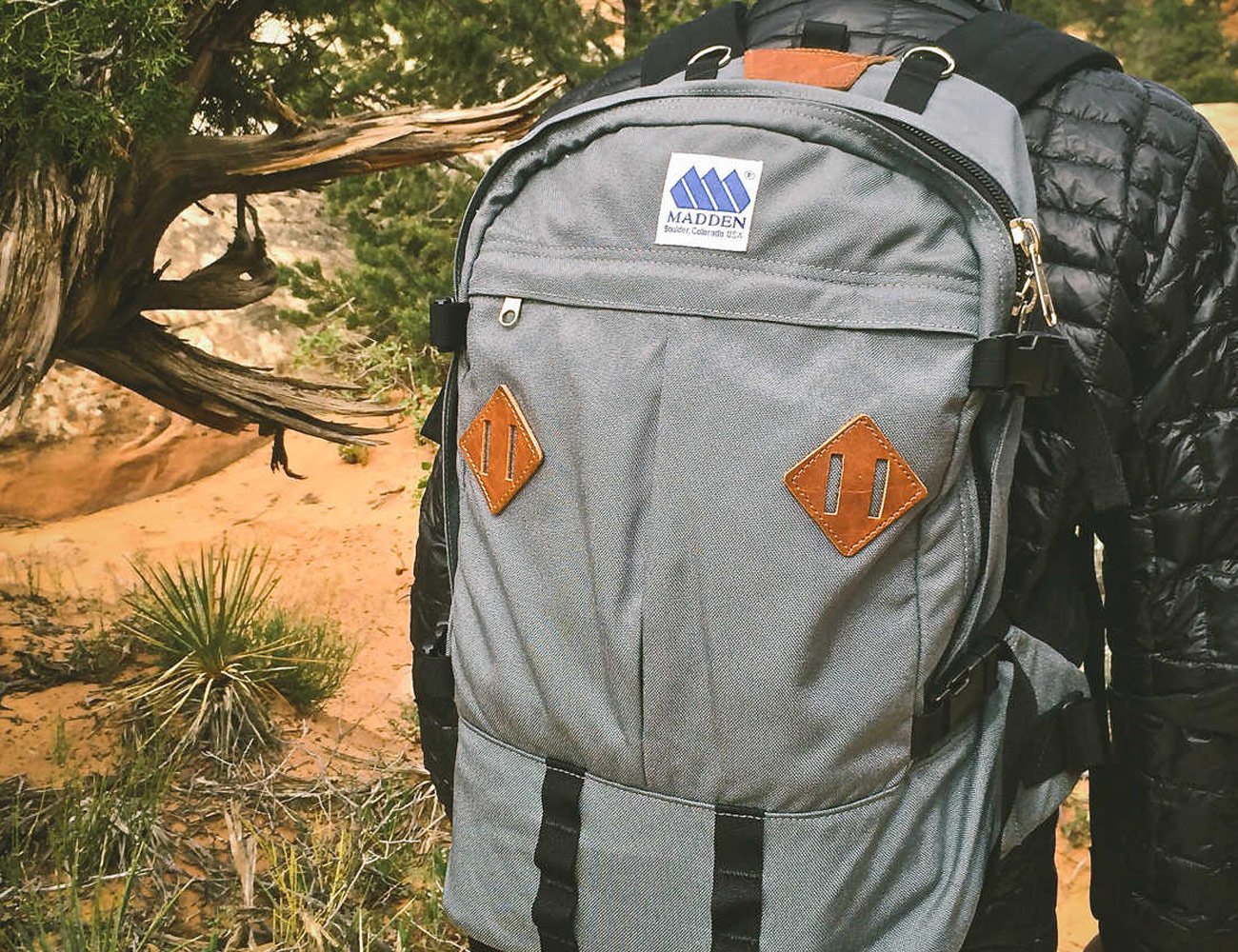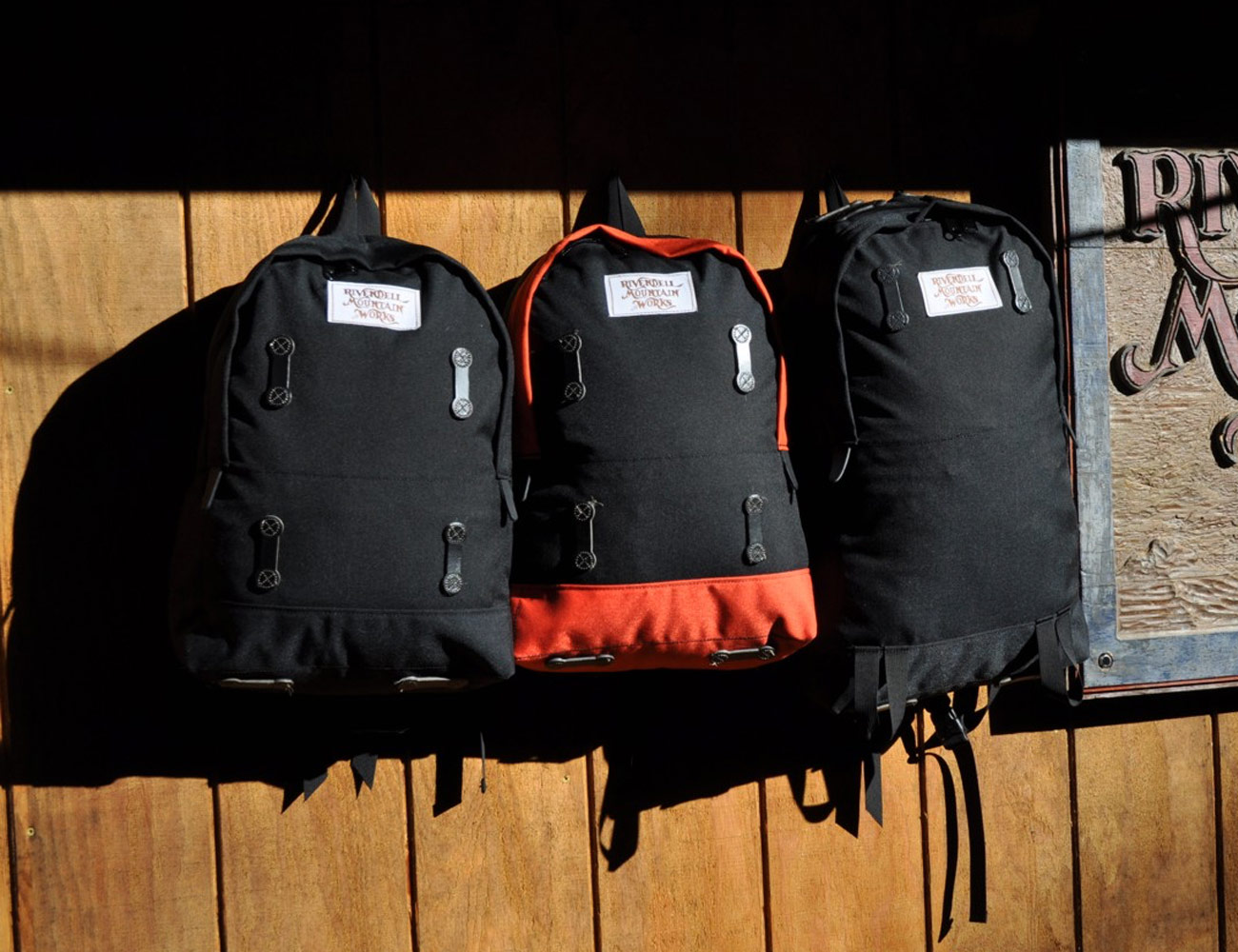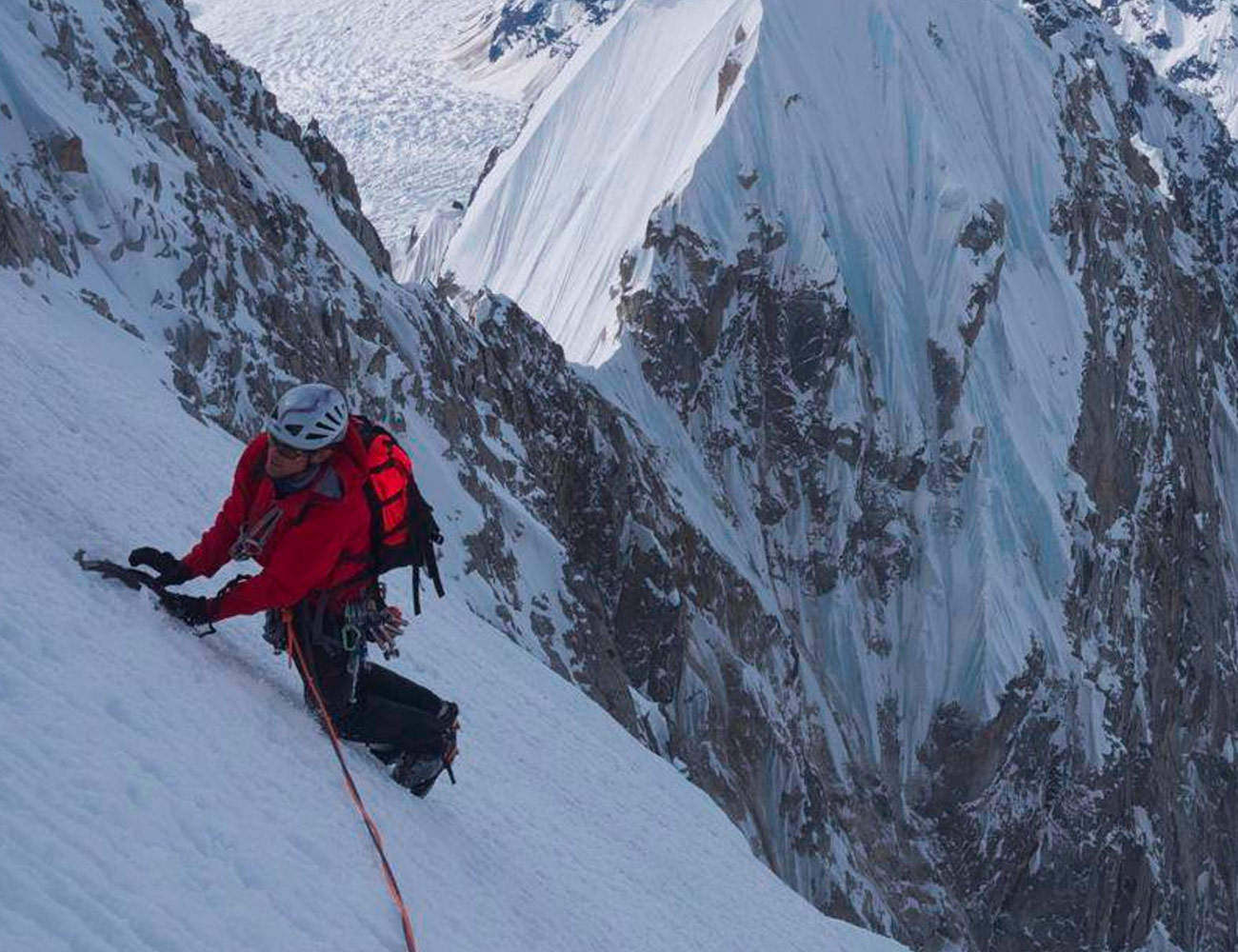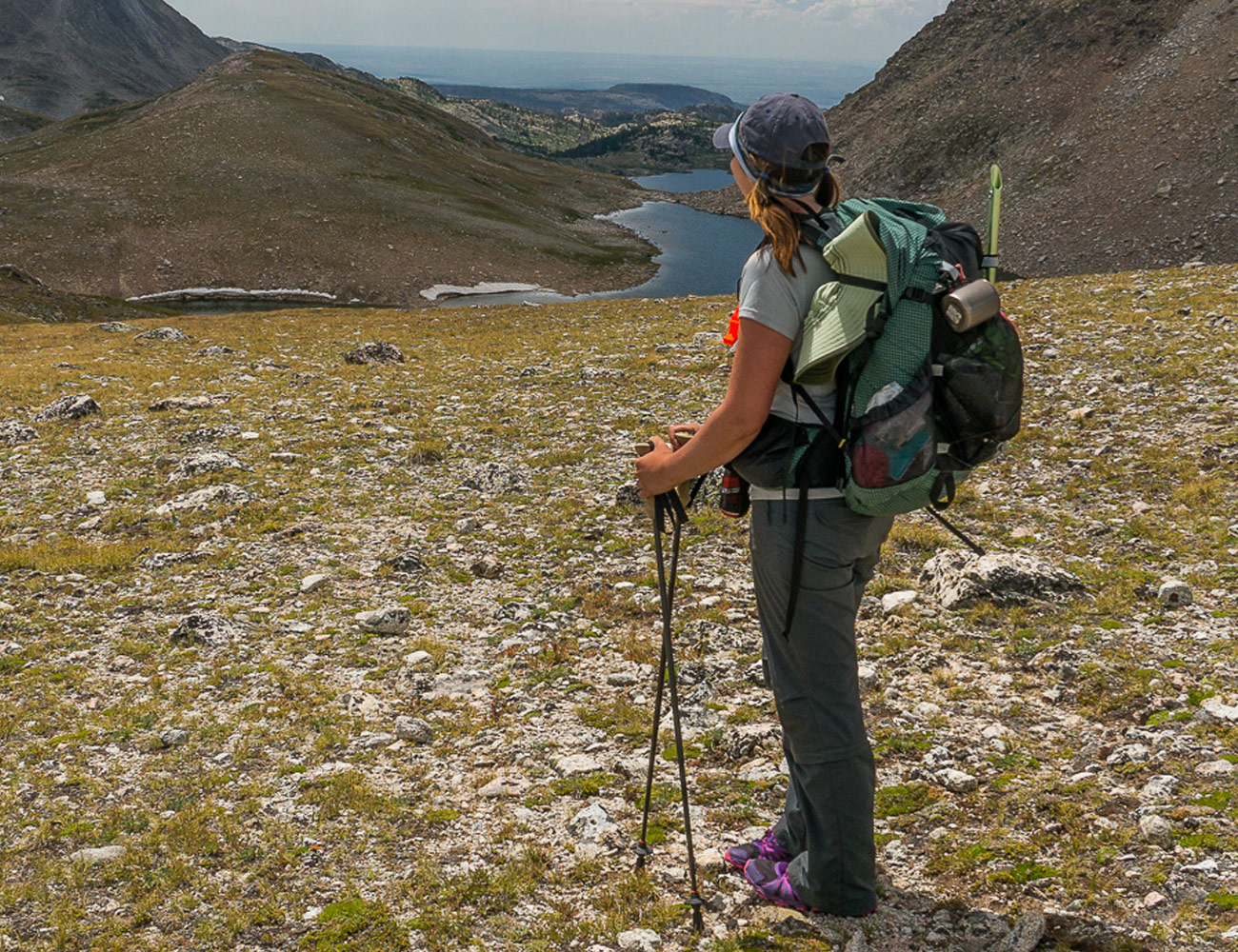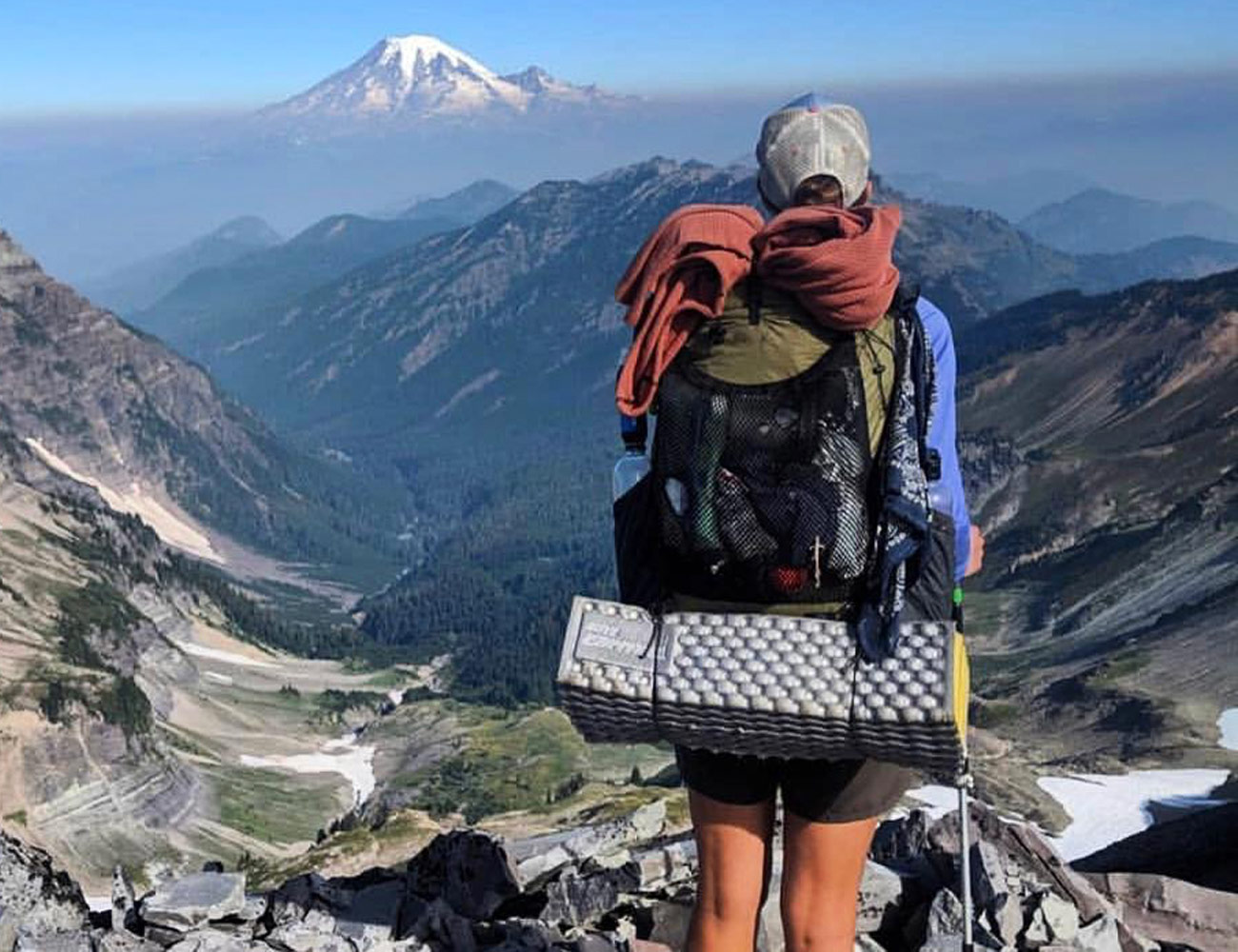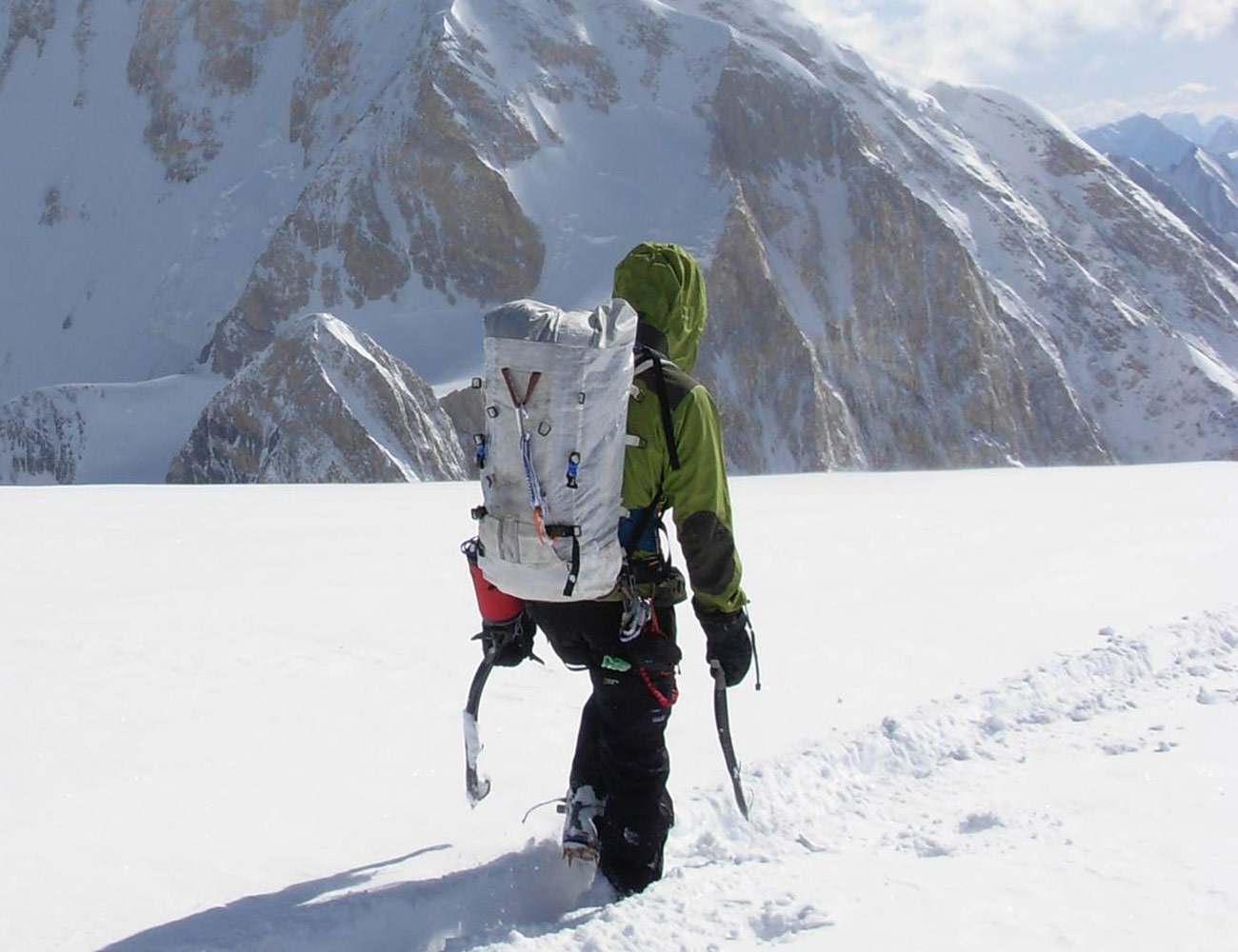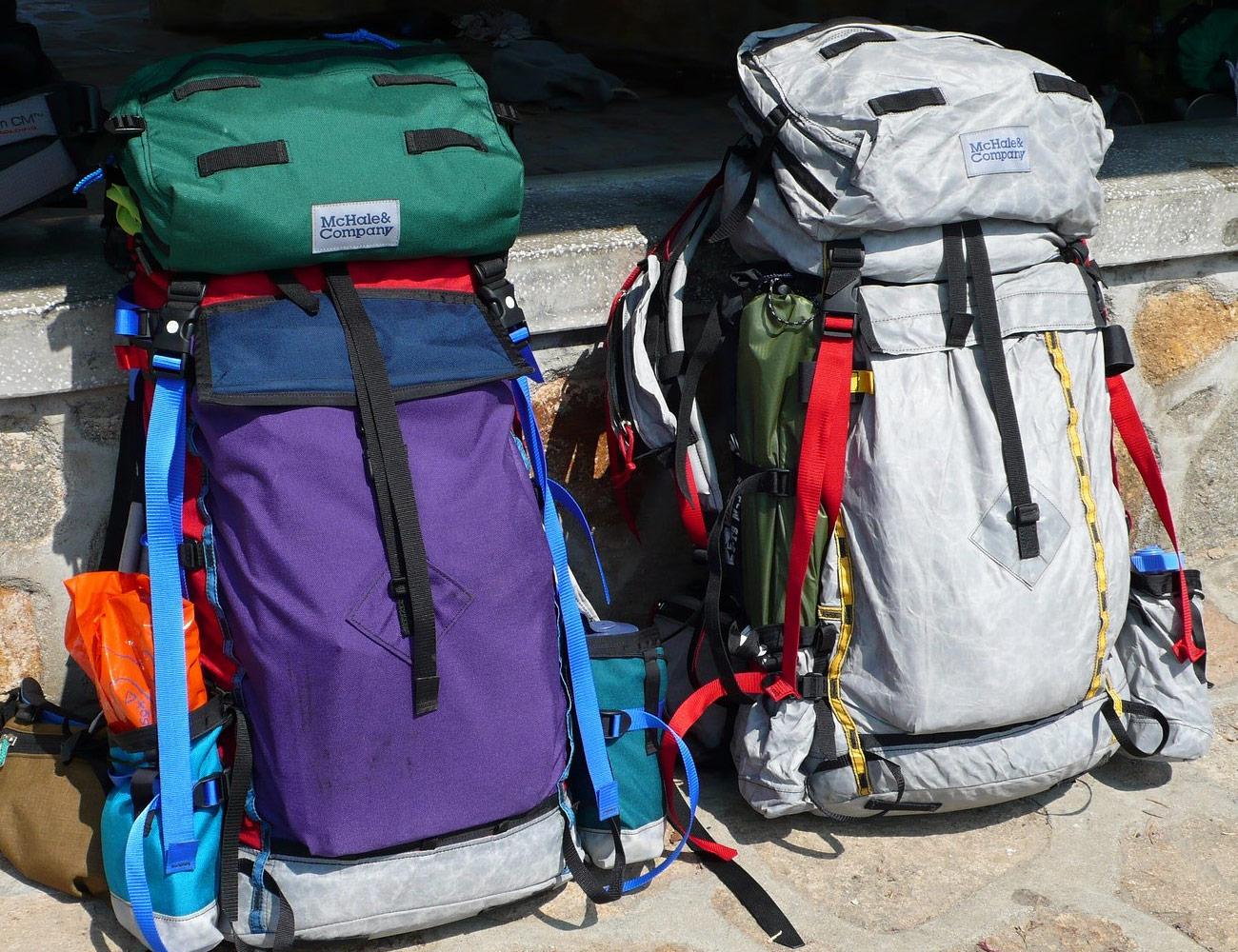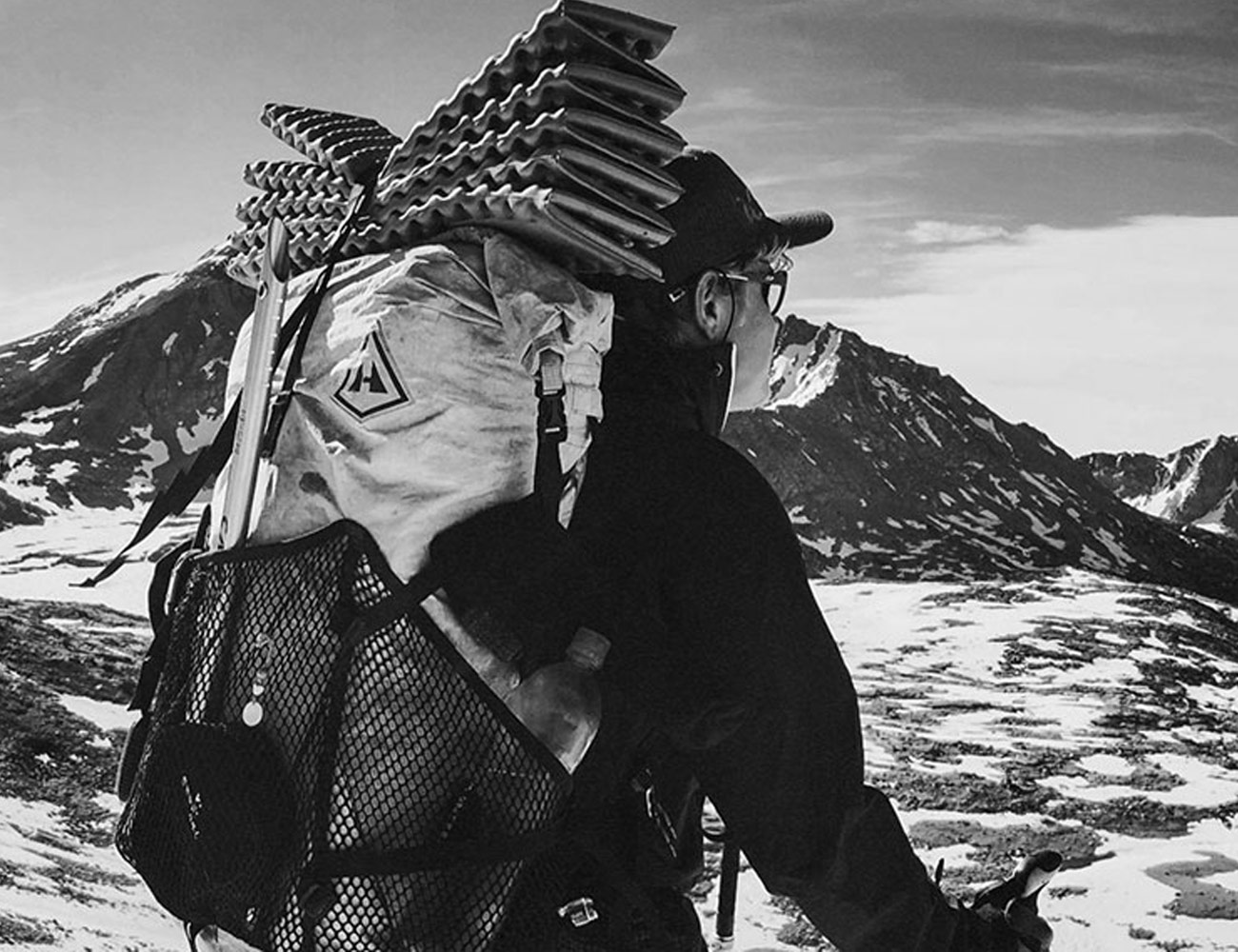When Yvon Chouinard started forging climbing tools in his homemade blacksmith shop, he had no intention of starting one of the biggest outdoor apparel and equipment companies in the world. All he wanted was better tools for himself and his friends that would better aid them in scaling the granite walls of Yosemite and beyond. He targeted the hardcore users, and it was only as he and his team grew by creating more products and marketed them more widely that Patagonia became as far-reaching as it has.
Not every company can be Patagonia though, or wants to be for that matter. Even after luck is taken out of the equation, some brands remain small on purpose, whether it be because the gear they’re creating is custom and difficult to scale, or to better serve their core users through focused attention to detail. This is especially true for the handful of cottage backpack makers that continue to craft covet-worthy bags for everyday users and dedicated thru-hikers alike.
Information about these backpack makers is often spread word-of-mouth instead of through national marketing campaigns; you won’t find their names plastered in magazine spreads and their websites can look like they’re from 1999. The common thread that runs through all of them is a committed base of customers with undying brand loyalty, and that devotion is returned in kind.
Madden Equipment
In 1974, Dan Madden, then an instructor for the wilderness education program Outward Bound, witnessed one of his students dragging a broken backpack along a trail and thought he could do better. He could, and quickly after launching Madden Equipment, Outward Bound students and others began buying his packs en masse. At one point, the company sold more technical backpacks in Europe than any of the leading brands today. Then, in the mid-2000s, after being acquired by the French company Lafuma, Madden Equipment went defunct due to competition.
Ten years later, with a little help from a revived appreciation for story, simplicity and retro outdoor style, Madden Equipment returned with a new line of backpacks. They still hold true to the originals in that they’re hard-wearing, understated and 100 percent USA-made, and they still use the same rugged materials that made them so beloved in the first place.
Rivendell Mountain Works
Like Madden Equipment, Rivendell Mountain Works went through a boom and bust, and has since been revived. The company was founded in 1971 by Larry Horton, who placed a high value on simplicity in design. With this philosophy, the brand created its most distinct backpack, the Jensen, which uses a divided main compartment that provides comfort and structure when packed without the use of an internal frame. Rivendell prides itself on remaining super-small — it calls its model a “cottage industry” and uses “village-based” production that has various makers crafting its backpacks across multiple home workshops. With this approach, Rivendell can continue to ensure the quality and longevity that it became known for so many years ago.
ZimmerBuilt
Even large outdoor companies are often based near the outdoor world’s focal points; in states like California or Colorado where, even in cities, access to wilderness is relatively easy. Chris Zimmer builds his ultralight backpacks in his home in Ohio though, and sends them to dedicated customers all over. Zimmer offers two made-to-order backpacks; everything else is custom, built to each buyer’s specifications that are gathered through one-on-one communication with Zimmer himself. Zimmer can design for any purpose, and primarily uses high-end materials like X-Pac, Dyneema and Dyneema Composites.
ULA Equipment
ULA is one of the younger companies on this list. Brian Frankle founded the company in 2001 after thru-hiking the Pacific Crest Trail with the idea to make lighter and more durable bags that would cater specifically to the types of hikers who might undertake a similar journey. This community has widely adopted ULA’s packs, and the brand claims that close to half the hikers on the PCT carry one of its bags. The company is based in Logan, Utah, and practices a small approach to business that allows it to focus on quality and customer service. ULA’s collection of backpacks is small but carefully-considered to cover a spectrum of carrying needs.
ZPacks
ZPacks is another thru-hiker founded company that makes shelters, sleeping bags and clothing in addition to its ultralight backpacks. Its founder, Joe Valesko, designs and tests everything the company makes in its West Melbourne, Florida manufacturing facility. Like many of the other brands featured on this list, ZPacks focuses on the hardcore long distance hiking community and creates simple ultralight backpacks using high-end materials like Dyneema Composite. Each pack is made to order and functions with a range of accessories that can be paired with the bags for a customized experience.
CiloGear
Portland, Oregon-based CiloGear may be small, but its ultra-rugged bags have earned it distinctions including the American Alpine Institute Guide’s Choice award. That’s likely because the company sought to design the rugged and light backpacks that would allow mountaineers to carry heavy and sharp tools like crampons and ice axes without worrying about puncturing any fabric. Its bags are minimal on purpose, and while they don’t come with many bells and whistles, the construction provides plenty of options to swap out back panels and strap configurations depending on what the adventure calls for.
McHale Packs
Looking at the McHale Packs website is like wandering into an Internet timewarp. McHale’s history predates the web though — his backpacking and climbing career began in the late 1960s and included ascents of now-famous routes in California’s Sierra Nevada. He’s been making backpacks for nearly as long, and even helped to get Outdoor Research on its feet during that company’s first three years.
Today, McHale continues to craft backpacks in Seattle. Each bag is made-to-order using high-quality materials like Cordura nylon and Dyneema. McHale’s approach to pack making is hands-on and collaborative; the process involves sending McHale multiple rounds of measurements and photographs through email or DVD. No two backpacks are alike, and if the rave reviews are to be believed, each one is close to perfect.
Hyperlite Mountain Gear
Based in a former mill in Biddeford, Maine, Hyperlite Mountain Gear specializes in making ultra-light, ultra-durable packs and shelters from Dyneema, the strongest material in the world according to strength-to-weight ratio. Hyperlite’s founder, Mike St. Pierre, essentially founded the company on the potential of Dyneema alone and it’s found in some form in every one of its products, from 30-liter day packs to gear-gobbling 140-liter duffel bags. Best of all, each piece is made by hand to exacting specifications. Hyperlite makes such good products that some pro athletes have been known to carry them on the sly despite being sponsored by other brands. If it’s enough to make a pro athlete put down the freebies and pay out of pocket, it’s probably enough for any adventure you’ve got planned.

